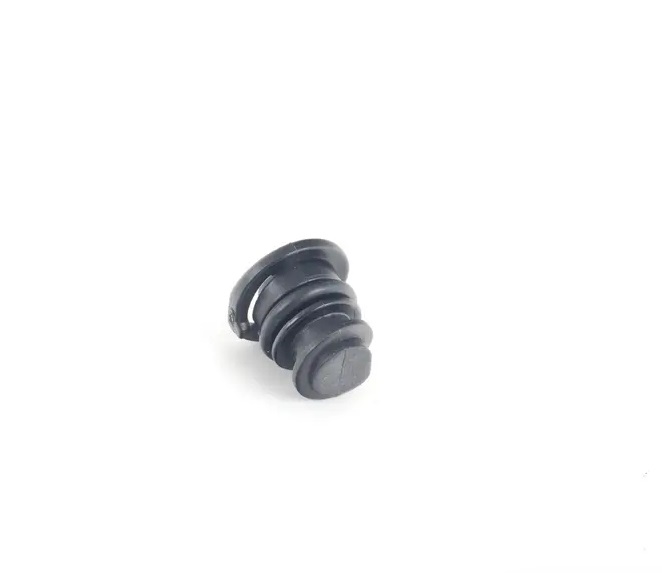Affordable Crankshaft Seal Options for Your Vehicle Maintenance Needs
Understanding Crankshaft Seal Prices Factors and Insights
The crankshaft seal, an integral component of an engine’s design, ensures the efficient functioning and longevity of a vehicle. It plays a crucial role in preventing oil leaks and maintaining vehicle performance. Whether you are a DIY enthusiast or a professional mechanic, understanding the factors that influence the price of crankshaft seals can save you money and help you make informed decisions.
What is a Crankshaft Seal?
The crankshaft seal, often referred to as the rear main seal in rear-wheel drive vehicles, is a rubber or silicone component situated at the junction of the crankshaft and engine block. Its primary function is to prevent engine oil from leaking out, which is vital for maintaining the necessary lubrication of engine components. When this seal fails, it can lead to significant oil loss, resulting in decreased engine performance and possibly severe damage if not addressed promptly.
Factors Influencing Crankshaft Seal Prices
1. Material Quality Crankshaft seals are made from various materials, including rubber, silicone, and even more advanced compounds. Higher-quality materials tend to last longer and withstand higher temperatures, leading to a higher price. Investing in a premium seal can result in fewer replacements and reduced long-term costs.
2. Vehicle Make and Model The specific requirements for a crankshaft seal can vary significantly between different makes and models of vehicles. Rare or luxury vehicles may have more expensive seals due to their unique specifications or lower production numbers. In contrast, common vehicles may have more competitively priced options available.
crankshaft seal price

3. Brand Reputation Established brands with a strong reputation for quality often charge more for their products than lesser-known brands. While opting for a lower-priced seal may seem appealing, it’s essential to consider the potential long-term repercussions of lower quality, such as premature failure and the need for more frequent replacements.
4. Installation Costs While this article focuses on the price of crankshaft seals, installation costs should not be overlooked. The labor involved in replacing a crankshaft seal can be significant, given the complexity of accessing the seal, particularly in front-wheel drive vehicles where the seal might be located deeper within the engine.
5. Market Trends Similar to other automotive parts, the pricing of crankshaft seals can fluctuate based on market demand, production costs, and supply chain factors. An increase in raw material costs or manufacturing challenges can lead to higher prices at the retail level.
Average Price Range
The average price of a crankshaft seal typically ranges from $10 to $50, excluding labor costs. For some vehicles, especially luxury or performance models, this price can increase significantly, potentially reaching $100 or more. Labor costs for replacing a crankshaft seal can range from $150 to $500, depending on the vehicle and the complexity of the job.
Conclusion
When considering the replacement of a crankshaft seal, it's essential to weigh the price against quality and the long-term benefits of durable materials. Although it may be tempting to opt for the cheapest option available, investing in a high-quality crankshaft seal can provide peace of mind and enhance vehicle performance. Additionally, being informed about the installation process and associated costs will help you make a more comprehensive budget and ensure your vehicle remains in optimal condition. Ultimately, understanding crankshaft seal prices requires a combination of knowledge about materials, vehicle specifics, and the implications of quality, enabling you to make an informed purchase that aligns with your automotive needs.
-
Simplifying Oil Changes: A Comprehensive Guide to Oil Drain Plugs and Their Variants
News Aug.04,2025
-
Mastering Oil Drain Maintenance: Solutions for Stripped, Worn, and Upgraded Oil Plugs
News Aug.04,2025
-
Fixing Oil Pan Plug Issues: Leaks, Stripped Nuts, and the Right Replacement Solutions
News Aug.04,2025
-
Everything You Need to Know About Oil Drain Plugs: Sizes, Fixes, and Upgrades
News Aug.04,2025
-
Choosing the Right Oil Drain Plug: A Guide to Sizes, Materials, and Drain Innovations
News Aug.04,2025
-
A Complete Guide to Automotive Drain Plugs: Types, Problems, and Innovative Solutions
News Aug.04,2025
-
The Ultimate Guide to Car Repair Kits: Tools and Essentials Every Driver Should Own
News Aug.01,2025
Products categories















